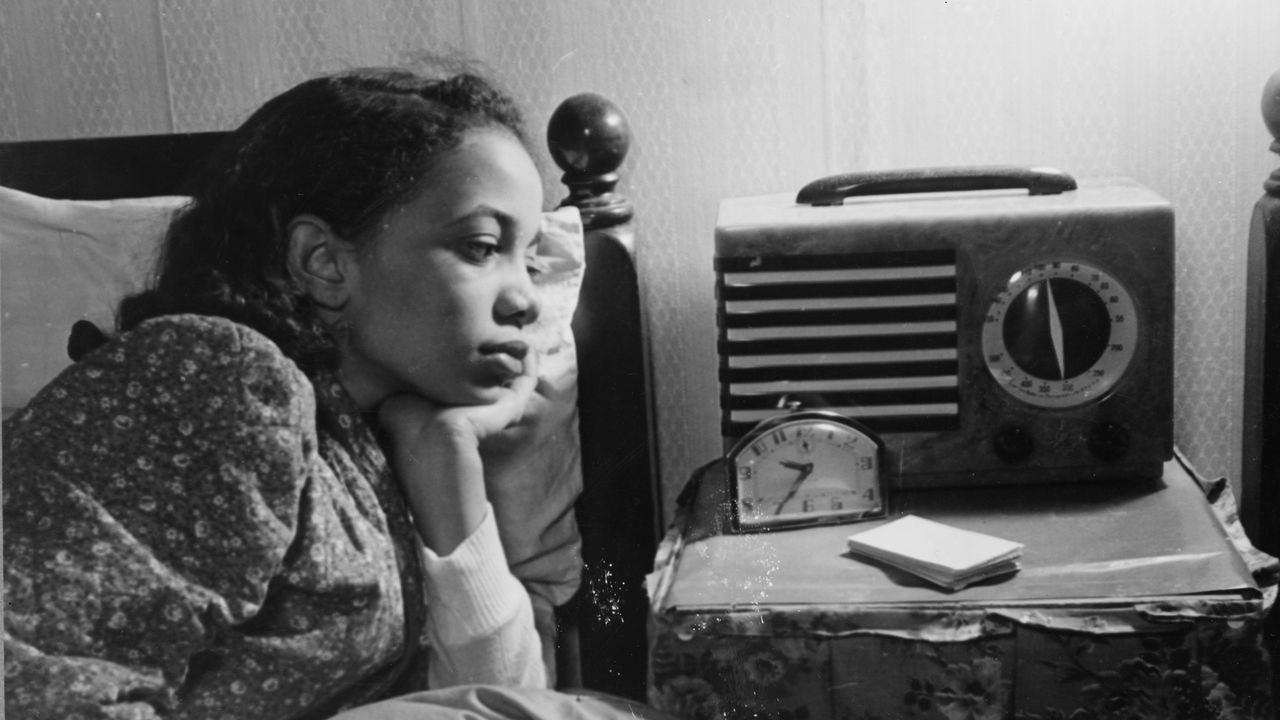After Roben Farzad read Greg Franklin’s posts in late 2020, he decided to do something unusual.
Farzad had met Franklin the year before, when they sat next to each other on a bench watching their kids’ basketball game at the local JCC. Less than a year later, Farzad was reading Franklin’s account of his wife’s COVID, her seizures, her intubation.
To care for his wife and two kids, Franklin left his job at a real-estate asset-management company, initially under the Family and Medical Leave Act and then for good in August 2020. By the time Farzad got involved, Franklin’s wife was home and stable and Franklin was finally able to consider starting his job search.
Farzad offered to host a live Zoom show to leverage the hive mind of the audience of his radio show, Full Disclosure. After some hesitation—Franklin felt sheepish about asking for help, since in 2020 everybody needed help—he agreed. He told his story, and listeners called in to offer their networks, suggest tactics, request meetings with ideas and leads.
“All these people just showed up—people who felt sad, who felt otherwise hopeless and trapped indoors,” says Farzad. “It just showed me how vital that community thing was.”
Franklin found a new job the following April, one he’s been in ever since. “Having that community reach out was really uplifting,” he says.
To me, his story represents the rawest and most special element of public radio: It’s hyperlocal, invested in the community it serves and keeping that community healthy and informed.
Farzad’s show is distributed by Radio IQ, a public radio station based in Virginia’s Appalachian mountains. After the recent rescission bill, that station has just lost $600,000 in funding that it had been apportioned by Congress. The bill claws back $1.1 billion worth of funds for the Corporation for Public Broadcasting (CPB) for the next two years, which channels federal funding to NPR—my employer—as well as PBS and our member stations like Radio IQ.
NPR’s structure is a little weird, a little antiquated, mostly vestiges of the CPB’s creation in 1967 when President Lyndon B. Johnson signed the Public Broadcasting Act into law; NPR was incorporated in February 1970. But NPR produces the news shows Morning Edition and All Things Considered as well as programs like my podcast, Planet Money, and member stations buy the content we make (as well as that of American Public Media—they have Kai Ryssdal, not us!) to broadcast on their airwaves. Only a small percentage of NPR’s budget is directly from the federal government, but a lot more of it—some 30%—comes from those fees for our programs from our approximately 1,000 member stations. And many of those really rely on federal money.

